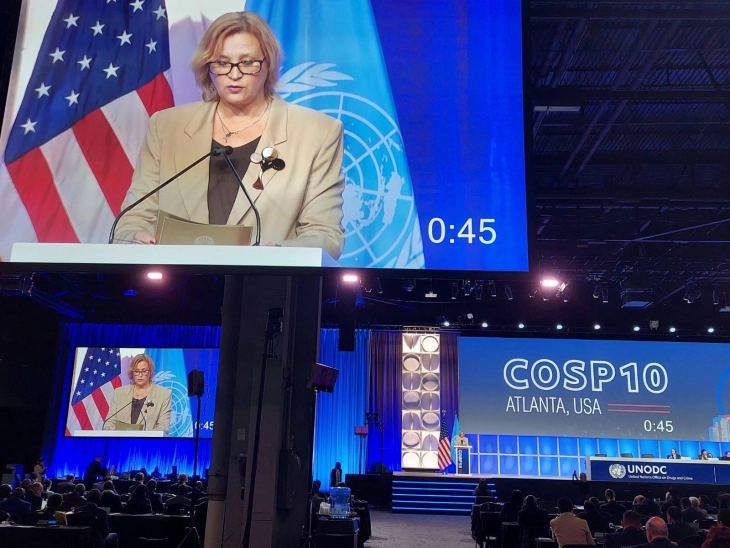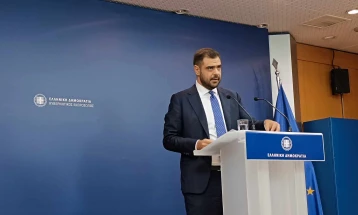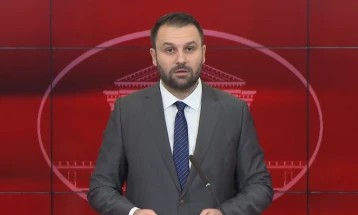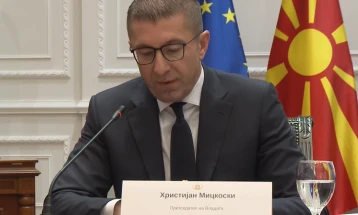Grkovska: Corruption as global challenge requires a unified approach for eradication
- Deputy Prime Minister in charge of Good Governance Policies, Slavica Grkovska, addressed the Conference of the States Parties (CoSP), the main policymaking body of the UN Convention against Corruption (UNCAC), taking place in Atlanta, USA.

Skopje, 12 December 2023 (MIA) – Deputy Prime Minister in charge of Good Governance Policies, Slavica Grkovska, addressed the Conference of the States Parties (CoSP), the main policymaking body of the UN Convention against Corruption (UNCAC), taking place in Atlanta, USA.
“Corruption is not only a problem in certain countries but a global issue that jeopardizes stability, security, and economic development. It erodes trust in institutions, diminishes the quality of public services, violates human rights, and fosters organized crime, terrorism, and illicit financial flows,” Grkovska said at the conference.

Grkovska highlighted the need for collaborative efforts to tackle this global threat. Eradicating corruption and fostering transparent, responsible, and participatory governance is crucial not only within individual countries but also worldwide. Given the extensive challenges, comprehensive solutions are required, emphasizing the importance of global approaches to global problems, the government said in a press release.
Grkovska underscored that public opinion research in North Macedonia identifies corruption as the foremost societal issue. She added that citizens' perception is significantly influenced by the country's transition from a decades-long state of being a closed society. Progress in opening institutions and enhancing media freedom in recent years has significantly contributed to an increased public awareness of this issue.
“In this context, I must emphasize that I am proud that North Macedonia, according to the latest report, is the only signatory country that is fully compliant with the UNCAC Transparency Pledge,” Grkovska noted.
In the course of that, she noted that the government is taking numerous steps in implementing good governance policies, and the legal and institutional framework is largely aligned with EU legislation.
“Regrettably, the democratic progress we have made in recent years did not bring about an immediate change in all relevant institutions concerning their agility, efficiency, dedication, and consistent commitment to integrity in fulfilling their role in the mission to build a better society for all,” Grkovska said.
Due to identified weaknesses in key segments of the system, as underscored by Gjorgievska, an intensive coordination has been established among all institutions tasked with combating corruption. This is motivated by two reasons: to create a form of mutual constructive pressure for each institution to promptly and effectively fulfill its obligations, and to build a robust cross-sectoral approach in combating corruption as a key precondition for success.
Photo: Government







